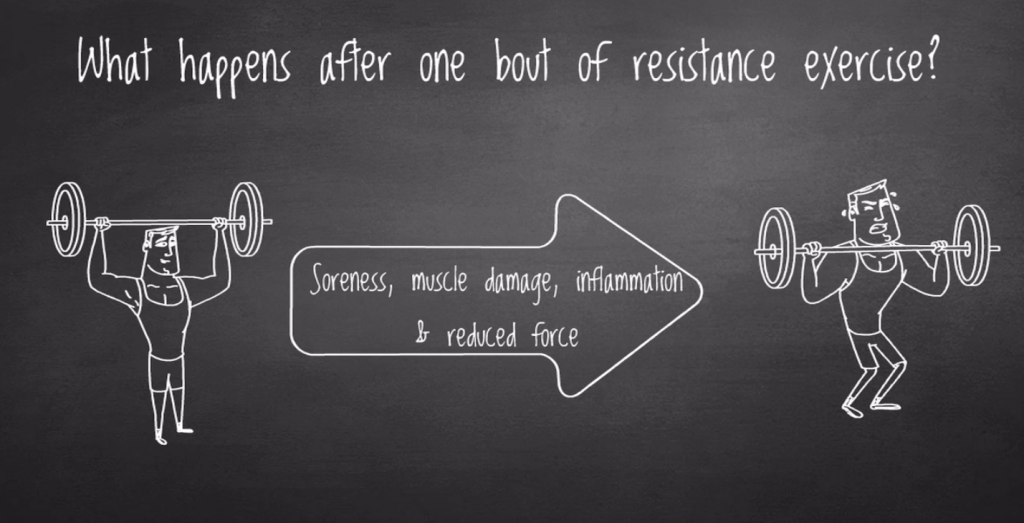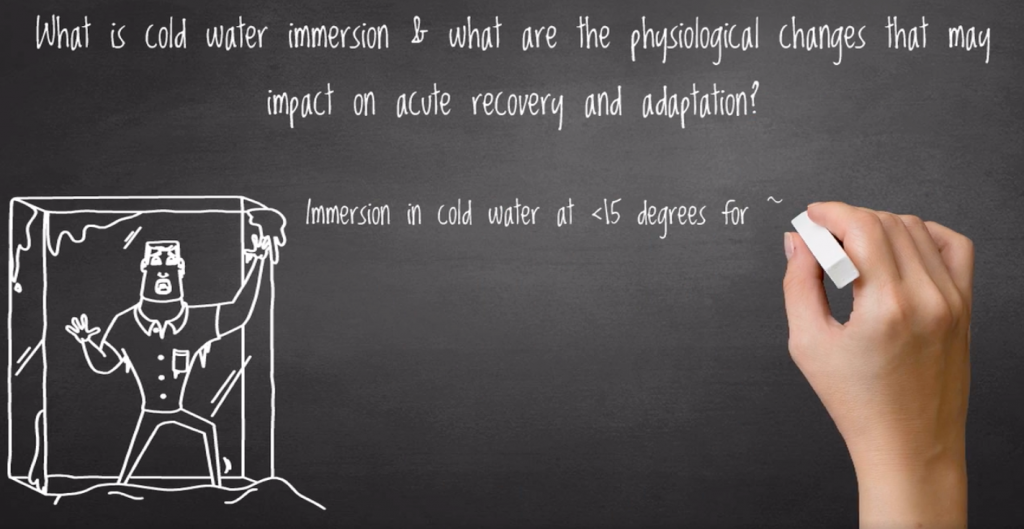Emma Cockburn, Lecturer Sport and Exercise Physiology
School of Biomedical, Nutritional and Sports Sciences
Medical Sciences
What did you do?
I used a team-based flipped learning approach in a one-hour lecture as part of a stage 2 Sport and Exercise Science module. As part of the pre-learning students were required to view two animations.
Graduate Framework
This approach develops the following attributes:
- Future focused
- Critical Thinkers
- Confident
- Collaborative
- Engaged
Staff can find out more about the Graduate Framework on the University intranet.
Who is involved?
Dr Emma Cockburn, School of Biomedical, Nutritional and Sport Sciences.
Stage 2 Sport and Exercise Science Students.
How did you do it?
I created two animations on Animaker which were posted to YouTube for students to access. The purpose of the animations was to provide an overview of key research concepts related to the use of hot and cold water immersion for recovery and adaptation from resistance exercise. Students were also provided with key research papers to help develop their understanding of the area.
Examples of images from animation


The team-based flipped learning session consisted of a readiness assurance task and applied scenario. The readiness assurance task was a multiple choice quiz requiring students to work together in small groups to complete. This tested fundamental knowledge of key concepts. The applied scenario task required students to work in groups to practice “thinking like an expert”. The students were asked to pretend they were the sport and exercise scientist at Newcastle Falcons, and the coach had asked their advice on the use of water immersion for recovery and adaptation at different points of the season.
At the end of the session students reported their thoughts and discussion, with a summary provided by the lecturer.
Why did you do it?
Sport and Exercise Science graduates must be able to apply theoretical knowledge across a range of different issues. We must develop students ability to think critically, and capacity to think as an expert. Therefore, team-based flipped learning allows us to move away from an instructional paradigm to a learning paradigm. However, the pre-learning associated with this approach can be viewed as an increased workload by students. The animations produced were short (3 – 4 minutes) and it was hypothesised that students may be more likely to engage due to the ability to view the videos anywhere and quickly.
Does it work?
In the days and hours prior to the session I monitored the number of views on YouTube. It was clear that students did not engage in the animations until the hours before the session. Students were able to engage with the content in the hour before due to the short, sharp nature of the pre-learning content and it could be assumed that the use of animations improved engagement.
At the end of the session I collected student feedback. Key findings were as follows:
- 100% of students agreed that the learning materials and teaching strategies used were beneficial for their learning.
- 83% of students agreed that the animations helped them understand key concepts more clearly.
- 90% of students agreed that TBFL developed their critical thinking skills.
- Students reported that they felt TBFL encouraged discussion with peers to allow reflection on key concepts.
- Students reported that the animations were engaging and easy to follow.
Peer review of the session highlighted that the students were discussing key concepts, and were engaged in the session. However, it should be noted that producing animations is resource intensive and this method is not likely to be suitable for all topics.
Contact details
 Emma Cockburn, Lecturer Sport and Exercise Physiology
Emma Cockburn, Lecturer Sport and Exercise Physiology
